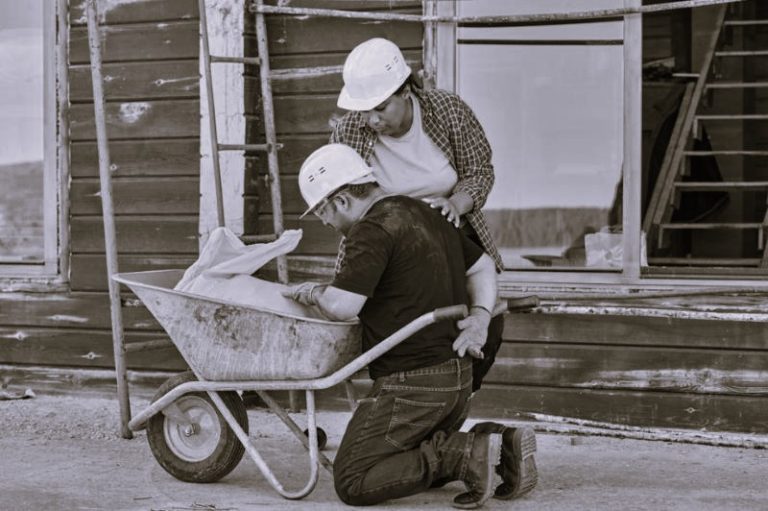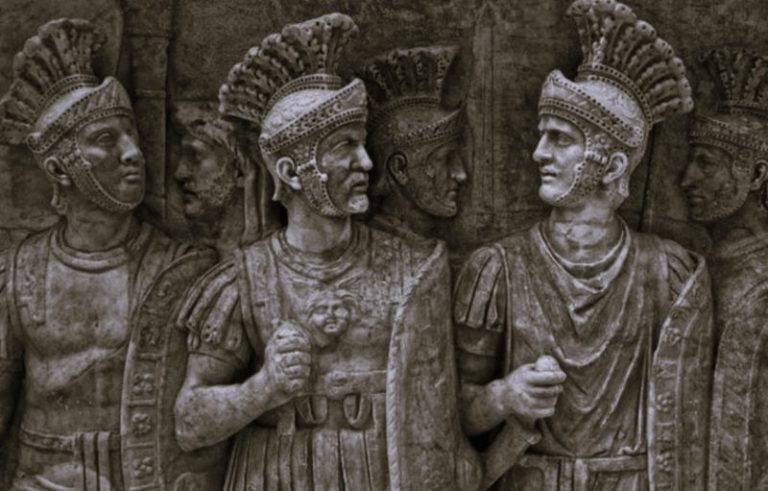

When facing a murder charge, the stakes are high, and the consequences of a conviction can be severe. In such a situation, having a competent murder lawyer on your side can make all the difference in defending your case. A murder lawyer specializes in criminal defense and is trained to represent clients accused of serious offenses such as murder. Their expertise, knowledge of the law, and experience in handling similar cases can help you build a strong defense and increase your chances of achieving a favorable outcome. In this article, we will explore the role of a murder lawyer in court and how they can help you defend your case.
Building Your Defense Strategy
Understanding the Case: Gathering and Analyzing Evidence
A crucial step in building your defense strategy is to fully understand the facts and evidence related to the case. Your murder lawyer will work with you to gather and analyze all the available evidence, including witness statements, police reports, and forensic evidence. They will also conduct their investigation to uncover any new evidence that may strengthen your defense. Once all the evidence has been collected and analyzed, your lawyer will be able to develop a defense strategy that is tailored to the specific facts of your case.
Preparing a Strong Defense Strategy: Crafting the Narrative
A strong defense strategy involves crafting a compelling narrative that challenges the prosecution’s case and highlights the weaknesses in their evidence. Your lawyer will work with you to develop a clear and coherent defense theory that explains your version of events and supports your innocence. They will also anticipate and prepare for the arguments that the prosecution is likely to make, and develop counterarguments that effectively refute their claims.
Expert Witnesses: Utilizing Forensic and Medical Professionals
Expert witnesses can play a crucial role in a murder trial, providing specialized knowledge and analysis that can help support your defense. Your lawyer may work with forensic experts, medical professionals, or other specialists to review the evidence, analyze the crime scene, or provide expert testimony on specific issues related to the case. Expert witnesses can help to explain complex scientific or technical evidence in a way that is easily understandable to the jury, and their testimony can often be the key to winning a case.
Challenging Prosecution’s Evidence: Cross-Examination and Objections
To win a murder case, your lawyer must be able to effectively challenge the prosecution’s evidence and expose any weaknesses or inconsistencies in their case. Your lawyer will use various tactics such as cross-examination and objections to challenge the prosecution’s evidence and witnesses. Cross-examination involves questioning the prosecution’s witnesses to reveal inconsistencies or obtain information supporting your defense. Objections, on the other hand, are used to prevent the prosecution from presenting certain evidence or testimony that is inadmissible.
Negotiating a Plea Deal: Evaluating Your Options
While going to trial is one option for defending your case, it may not always be the best course of action. Your lawyer will evaluate all possible options, including negotiating a plea deal, which involves reaching an agreement with the prosecution to plead guilty to a lesser charge or accept a reduced sentence in exchange for avoiding a trial. A plea deal can often be a viable option to minimize the risk of a harsher sentence or a conviction at trial. Your lawyer will advise you on the pros and cons of accepting a plea deal and help you make an informed decision that is in your best interest.
Representing You in Court: Appearing in Front of the Jury and the Judge
Your murder lawyer will be responsible for representing you in court, appearing in front of the jury and the judge on your behalf. They will present your case to the court, argue on your behalf, and advocate for your rights and interests. Your lawyer will also work to establish a positive relationship with the judge and the jury, and ensure that you are treated fairly and impartially throughout the trial.
Jury Selection: Ensuring a Fair and Impartial Jury
Jury selection is a critical aspect of a murder trial, as the jury will ultimately decide your fate. Your lawyer will work to ensure that the jury selection process is fair and impartial and that you are not being judged unfairly based on your race, gender, or other factors. They will also use their knowledge and experience to identify jurors who may be biased against you, and work to exclude them from the jury pool.
Presenting Your Case: Opening Statement, Direct Examination, and Closing Argument
Presenting your case involves delivering an effective opening statement, conducting a direct examination of witnesses, and delivering a compelling closing argument. Your lawyer will use their expertise to craft an opening statement that captures the jury’s attention and sets the tone for the trial. During direct examination, they will ask questions of witnesses that support your defense and refute the prosecution’s case. Finally, your lawyer will deliver a closing argument that summarizes your defense and persuades the jury to find you not guilty.
Cross-Examining Witnesses: Uncovering Inconsistencies and Bias
Cross-examination is a critical part of the trial process, as it allows your lawyer to question and challenge the prosecution’s witnesses. Your lawyer will use their skills and expertise to identify inconsistencies and bias in the prosecution’s witnesses and use this information to undermine their credibility and cast doubt on their testimony. A cross-examination is a powerful tool for exposing weaknesses in the prosecution’s case and strengthening your defense.
If you are facing murder charges and need an experienced murder lawyer to represent you in court, you can easily find a lawyer near you by searching online or contacting your local bar association.
Responding to Prosecution’s Arguments: Rebuttal and Closing Statement Throughout the trial, the prosecution will present arguments and evidence that support their case. Your lawyer will be responsible for responding to these arguments and presenting a compelling rebuttal. They will use their knowledge and expertise to challenge the prosecution’s evidence and arguments and offer a counter-narrative that supports your defense. In the closing statement, your lawyer will summarize your defense and highlight the weaknesses in the prosecution’s case, urging the jury to find you not guilty.






